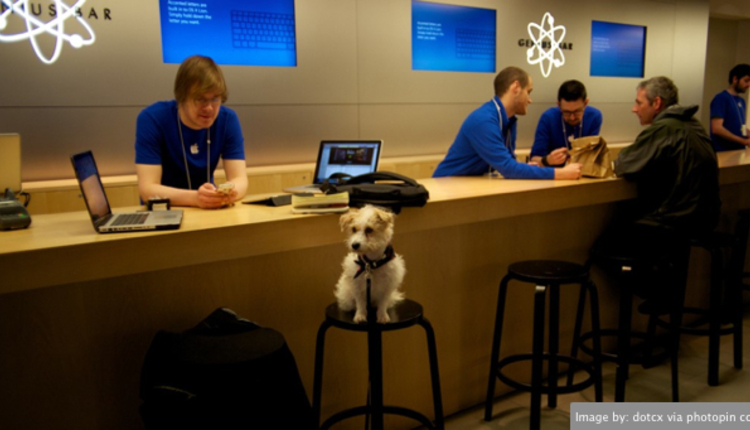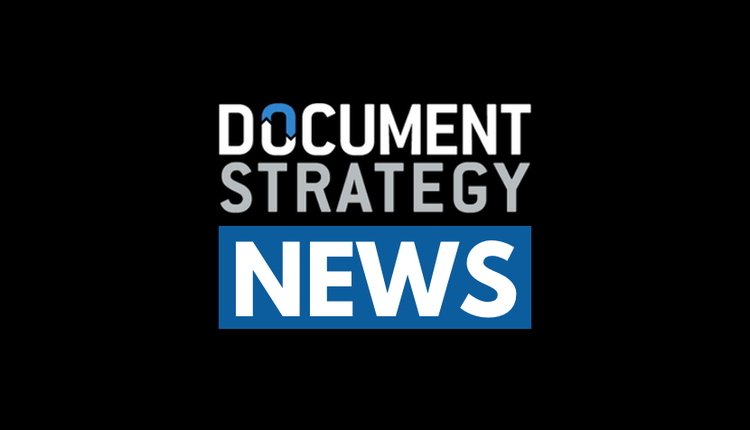In 2012, Celent estimates smartphone units will grow 35% to 664 million units (versus 61% growth and 492 million units in 2011 and 74% growth and 302 million units in 2010). Tablets are also experiencing significant growth. Celent estimates 115 million tablets will be sold in 2012 (versus our estimate of 61 million units in 2011 and 17 million units in 2010). Celent believes the growth of smart mobile devices is an opportunity for financial advisors, individuals or organizations (such as private banks or retail banks with wealth management groups) that are paid to manage investments or provide investment advice, to reach clients and prospects through a new electronic channel.
Advisor apps are crucial to the future success of wealth management firms. More advisors are using smart devices and apps to improve their client services and reinforce their value to clients. Many clients, including many high-net worth clients, already own smart devices and use them on a daily basis. Celent believes wealth management firms are under increasing pressure from advisors and clients to provide apps and smart device support for their advisors.
Firms need to be prepared to support advisors using smart devices and apps to manage their practice. Some firms provide smart devices, like smartphones and tablets, to their employees, and the firm maintains ownership and control of the device and monitors its use. Other advisory and wealth management firms that do not provide employee devices are developing formal Bring Your Own Device (BYOD) policies and procedures. These policies define how employees can use personal devices to access email and company network resources and communicate with clients.
Celent recommends providers be aware of what type of device policies their clients have in place. Does the firm provide the device to employees or have them bring their own? Security policies and procedures are often different for company-provided devices and this often affects the app development process and app features. To support BYOD, some apps let the firm erase the app and any and all corporate data on the device. This feature is important for security and can be used when the device is lost or stolen, or when an employee leaves the firm.
Our app research suggests only one firm in the Barron's Top 40 Wealth Managers for 2011, Fidelity, has an advisor app available today. Two more Top 40 firms, Schwab and UBS, plan to launch their apps in 2012. We have added advisor apps from TD Ameritrade and Vanguard to the apps discussed in our report. Celent expects more advisor apps to be announced by leading firms in 2012.
As new devices hit the market, we expect high resolution graphics to get better and better. This trend is likely to increase advisor demand for tablets, especially as presentation tools. As a result, Celent expects firms to put more emphasis on tablet app development for advisors. Celent believes firms are likely to continue developing smartphone apps development because advisors are upgrading to smartphones from handsets. Delivery of alerts is also key because advisors are more likely to carry their smartphones everywhere, not their tablets.
Windows for mobile devices? Celent believes Microsoft is "One to Watch" because of their technical and financial resources and their relationship with Nokia. However, Microsoft likely has just one shot left to try and slow the momentum of iOS and Android devices.
BILL FEARNLEY, JR. is a senior analyst in Celent's Securities and Investments group and is based in the firm's Boston Office. Mr. Fearnley's areas of expertise were developed through his experience in the financial services and technology industries. For the full study, "North American SnAppshot: Advisors-An Overview of Mobile Apps," email info@celent.com.














